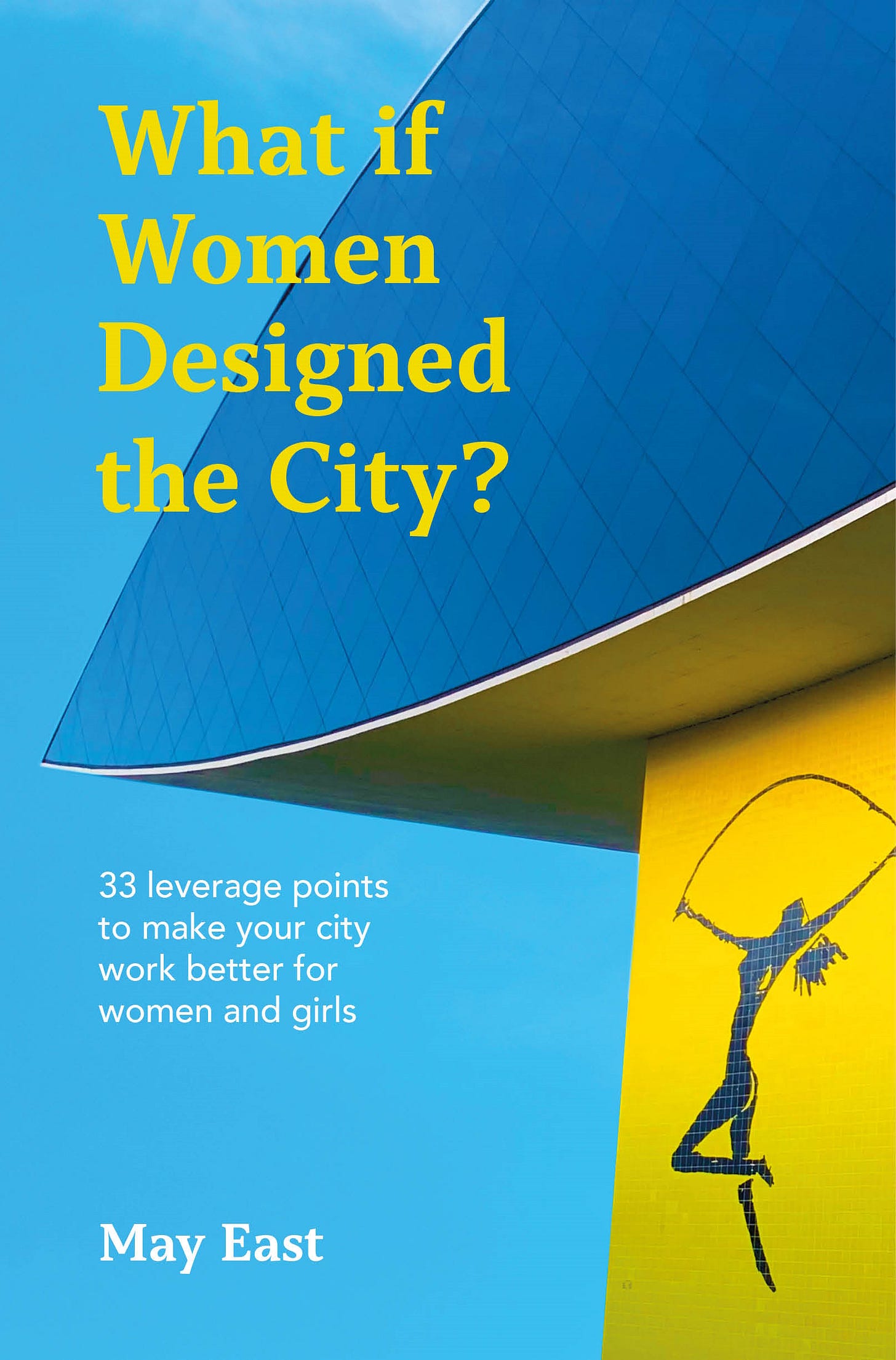IDIOTICON Redux or Redivivus?
The Triarchy Press Idioticon is a glossary of 100 or so of the most interesting Systems and Complexity Thinking terms around. Many have appeared in Triarchy Press books. Others come from elsewhere and offer only lateral connection to things our authors write about.
Each reminds us to look out to the wider systems of which we form a part – to see the bigger picture. We’ll add to the Idioticon every fortnight or so here on Substack. Entries cover everything from somatics to leadership to ecology to the future of capitalism. If it’s not your cup of tea, you can unsubscribe at any time.
Sources are shown for each idea and, if we have published a book in the area, it will be referenced. But this isn’t a bookselling operation so much as an idea-gathering one. Do write and suggest your own favourites.
91. Co-Evolving Mutualism
Amid a flurry of insights into the ways that we shape cities and they shape us, Dr May East’s new book What if Women Designed the City (out this week) focuses on regenerative design and development. She writes “…regenerative urban development ensures that cities not only become zero-waste and low carbon-emitting but [enhance] the relationship between an urbanising humanity and ecosystems which sustain lifestyles. … It also means adopting a place-centred approach to counteract the trend of master plans and scale-ability where a particular approach is rolled out around the city with minimal regard to the uniqueness of place.” She continues:
“A core insight of regenerative development theory is the idea that we can shift from dominance to intimacy in our relationship with the entity of place.”
This idea, which reflects Barry Oshry’s ‘Power and Love’ theory of organisations and genocide, can be extended to cover our relationship with almost anything or anyone.
May East goes on to describe her overall approach to designing cities as ‘A Co-Evolving Mutualism Perspective’. To explain, there are two predominant views about the relationship between women and cities: urban determinism (cities constrain and shape women’s experience of the city) and social determinism (women affect the opportunities cities provide). These can also be seen in terms of Lorna Kohler’s lyric, which she quotes: “I am the weaver. I am the woven one.” They reveal a divide in worldviews, policymaking, and in the physical manifestation of urban environments.
May writes: “The urban determinism perspective focuses on how cities constrain, disadvantage and oppress women. This line of argument views urban space as fundamentally constructed by gender difference where women are both deprived and excluded from urban planning decisions. Women, in this context, are often ‘the planned ones’…
“By contrast, the social determinism perspective focuses on how cities liberate women, through widening their social-economic horizons and providing them with an escape from normative behaviours – which closely conforms to my own experience growing up in the megacity São Paulo. This way of looking at the relationship between women and cities concerns deconstructing the patriarchy embedded in urban form and function. It embodies a feminist-rights-to-the-city approach. Cities here are understood as ambiguous spaces which can be appropriated by women seeking autonomy and independence.”
May suggests a third emerging perspective which she calls co-evolving mutualism. Here, women and cities are systemically implicated in the construction of one another in a continuous process of self-organisation and reorganisation, increasing in complexity, definition and information exchange. This perspective acknowledges that contemporary cities can both limit and empower women, who in turn can contribute to a complex network of urban relationships and interventions.
“I view the relationship between women and the city as a single unbroken movement, generating life-affirming interactions and supported by new patterns of thought and language. Furthermore, by adopting a co-evolving mutualism systems perspective, the pitfalls associated with adopting a zero-sum game perspective, where women’s gains are inevitably other people’s (men’s) loss, are uprooted from the ground up.”



